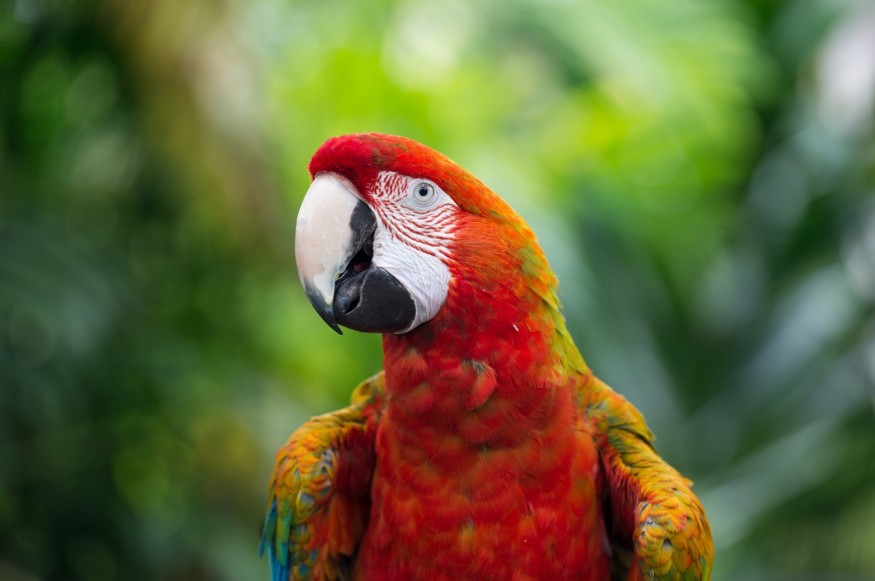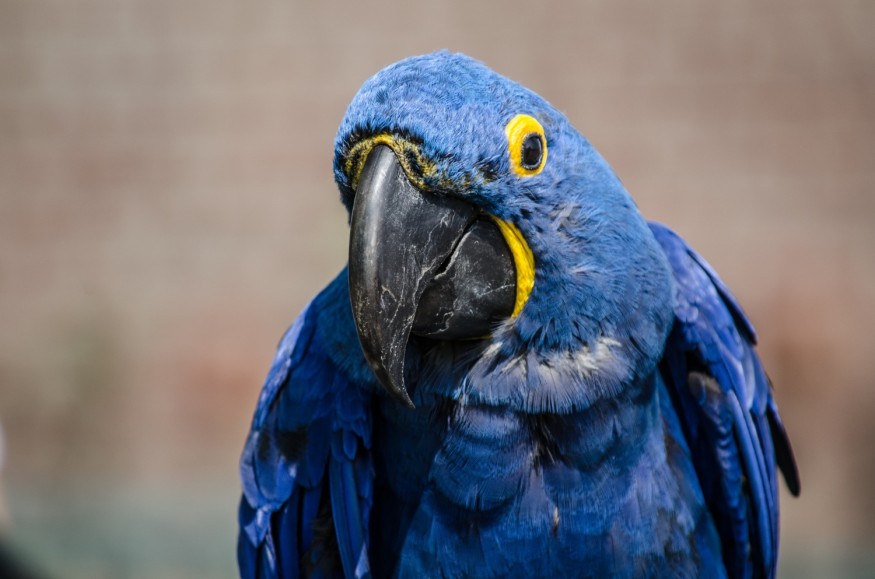Exotic parrots are on a collision course with becoming a threat in New Zealand, as pet owners release hundreds of them into the wild each year, jeopardizing native bird survival.
According to the University of Auckland, around 6% of New Zealanders keep pet birds, with an average of 331 animals lost per year; 92 percent are exotic parrots, predominantly in the Auckland region.
Carefully Assessing Data

According to Dr. Margaret Stanley, an associate professor of biological sciences at the institution, the figures are cautious since scientists rely primarily on bird owners reporting their missing pets. She added that people wouldn't report it online in some situations, and in others, they were purposefully publishing them.
She's done simulations to see how likely it is for pet parrots of the same species to be discovered in the wild together, giving them the chance to reproduce and eventually compete for the same food and nesting space as native birds.
"We looked at all the information on survivorship and lifetime for these species, and what we discovered was that there was more than an 80% likelihood that a male-female pair was at large in the same local board area at any one moment for the seven species that we simulated," she says in a report in The Guardian.
Read also: Scottish Chef Makes Delicacies Out of Squirrels to Combat Invasive Species: Discussing Invasivorism
Spreading Illnesses

The parrots also can spread illnesses, which is terrible news for the 40% of New Zealand's birds that are already endangered. Dr. Imogen Bassett, Auckland Council's lead biosecurity expert, said the findings are not surprising.
Under the city's pest management plan, Aucklanders will be prohibited from breeding and selling a variety of exotic parrots, including monk parakeets, ringneck parakeets, and rainbow lorikeets, beginning September 1.
"They have a long history of invading dozens of nations and posing a serious threat," Bassett warned. "That's why studies like Margaret's are so alarming because it emphasizes the depressing possibility of us joining all of those other nations."
Enraging Pet Owners
The action has enraged some Auckland pet owners and breeders. Still, Bassett says the city council will consult more before proposing regulations against some parrot species that are already abundant in the environment, such as eastern rosellas.
"Since the horse has bolted [for rosellas], the ones we're most concerned about are the ones that don't yet have wild populations."
Handling the Situation
According to Bassett, unlike when possums, rats, rabbits, and other pests were brought to New Zealand in the 19th century, New Zealand now has the potential to eradicate a parrot infestation.
"We're still cleaning up the pieces of that costly and terrible disaster 150 years later. We know that prevention is better than cure when it comes to biosecurity."
Stanley went on to say that it can't simply be a localized approach; it needs to be a countrywide prohibition.
For the most recent updates from the animal kingdom, don't forget to follow Nature World News!
© 2026 NatureWorldNews.com All rights reserved. Do not reproduce without permission.





